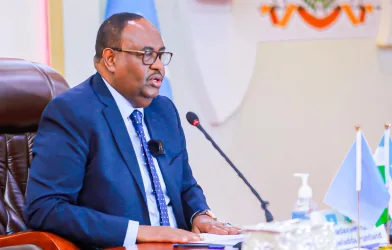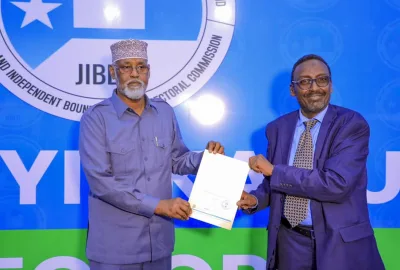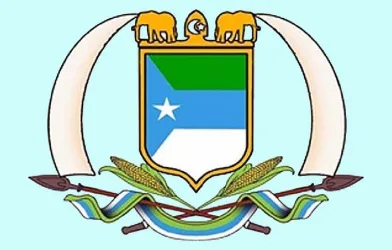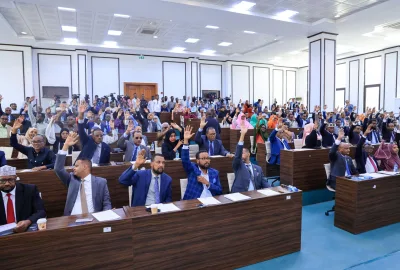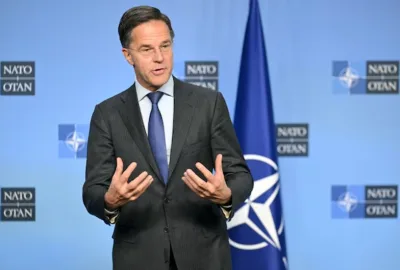New York- Somalia has formally requested a postponement of the ongoing troop drawdown in the country,…
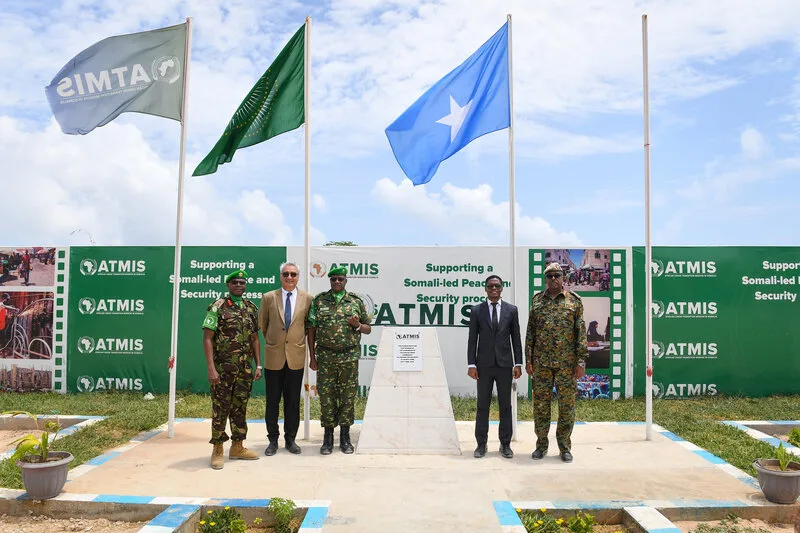
New York- Somalia has formally requested a postponement of the ongoing troop drawdown in the country, appealing to the United Nations Security Council (UNSC) to address critical security gaps. The move comes as the original timeline for the withdrawal of 3,000 African Union Transition Mission in Somalia (ATMIS) forces by the end of September was set to continue until December 2024.
In a letter dated September 19, Somalia’s National Security Advisor, Hussein Sheikh Ali, urged the UNSC to consider a three-month “technical pause” in the drawdown. The request was substantiated by concerns raised in the Joint Technical Assessment report, which highlighted “significant challenges” that could profoundly affect Somalia’s security transition.
As per the original plan, ATMIS was scheduled to hand over control of five forward operating bases (FOBs), including key sites such as State House, Parliament, Kismayo Old Airport, Dhusamareb, and BiYO Cadde. Furthermore, four bases, specifically Salile, Burhashi, Regase, and Qorilow, were to be permanently closed in the process.
The Somali government’s request for a delay in the drawdown comes on the heels of ATMIS’s handover of the Biyo Cadde FOB in the HirShabelle State on September 17. This transition has heightened concerns about the country’s ability to maintain security and stability.
Compounding these fears is the backdrop of recent deadly attacks by the Al-Shabab terrorist group on Somali security forces.
The request for a delay in the ATMIS troop drawdown has prompted speculation about how the UNSC will respond. While the outcome remains uncertain, the Somali government’s concerns about potential security gaps are perceived as valid, given the nation’s fragile security situation.
As the situation unfolds, the international community will be closely watching to see how the UNSC addresses Somalia’s request, and whether a compromise can be reached to ensure the country’s security is not compromised during the ongoing transition.


